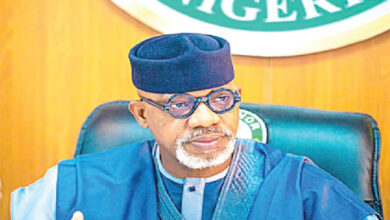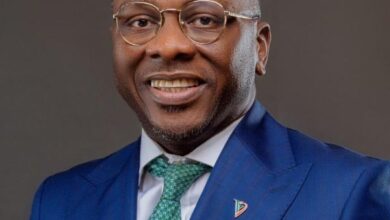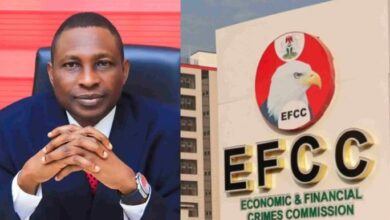CISLAC calls for abrogation of security votes
 A Nigerian Non-Governmental Organisation, Civil Society Legislative Advocacy Centre (CISLAC) has called for the abolition of security votes allocated to the states or provide a framework for auditing the money.
A Nigerian Non-Governmental Organisation, Civil Society Legislative Advocacy Centre (CISLAC) has called for the abolition of security votes allocated to the states or provide a framework for auditing the money.
Security vote in Nigeria is a monthly allowance that is allocated to the 36 states within the Federal Republic of Nigeria for the sole purpose of funding security services within such states.
CISLAC Executive Director, Mr Auwal Rafsanjani told the News Agency of Nigeria (NAN) in New York that allocation for security vote was not usually accounted for.
Rafsanjani spoke on the sidelines of the 77th session of UN General Assembly after a launch of “Sustainable Development Goal (SDG) 16 Shadow Report, 2022.’’
The executive director said that the security vote meant to strengthening security in Nigeria, or safety had been allegedly used for personal interest.
“It should be scrapped because it is a money that is not audited for, is money that is not accounted for, we cannot be spending running to billions of Naira without accountability.
“So, security vote should be abrogated, if not, there must be a framework on how to use the security vote which should be accounted for.
“This is the condition we are giving, if you don’t want to scrap the security vote, there must be a legal framework on ensuring accountability on the spending of the allocation.
“It must serve the purpose which is basically for to enhance security and safety,’’ he said.
According to the report, despite spending 670 million dollars on security votes each year, the insecurity situation continues to deteriorate.
It noted that 5,067 Nigerians were killed due to insecurity in 2021, and an average of 14 Nigerians were killed daily.
The findings show a 52.3 per cent rise in reported killings when compared to 2020 (Findings from The Cable Index and the Council of Foreign Relations).
The report also captured the looming debt crisis, quoting an official data that showed that Nigeria had a revenue of N1.63 trillion in the first quarter of 2022.
It noted that the generated amount is not even enough to service (not pay) the debt of the country for that quarter which was at N1.94 trillion and also expressed captured prevalence of vote trading in the country’s electoral process.
Speaking on buying assets abroad, Rafsanjani said there was a recent report which showed three major scandals- Pandora, Panama and Paradise- where some public officials, both serving and retired both bought huge properties abroad.
He said it was proven that the money used to buy those assets were stolen money because they didn’t have the money before they became government officials.
“Our Constitution is very clear; it has empowered Code of Conduct Bureau to ensure that it investigate claims of public officials, so the government needed to strengthen to bureau to investigate and verify assets declared by the public officials.
“Lastly, you cannot be a public official, and then be acquiring assets abroad. It is illegal and against our law, and therefore the assets of those found guilty should be confiscated.











